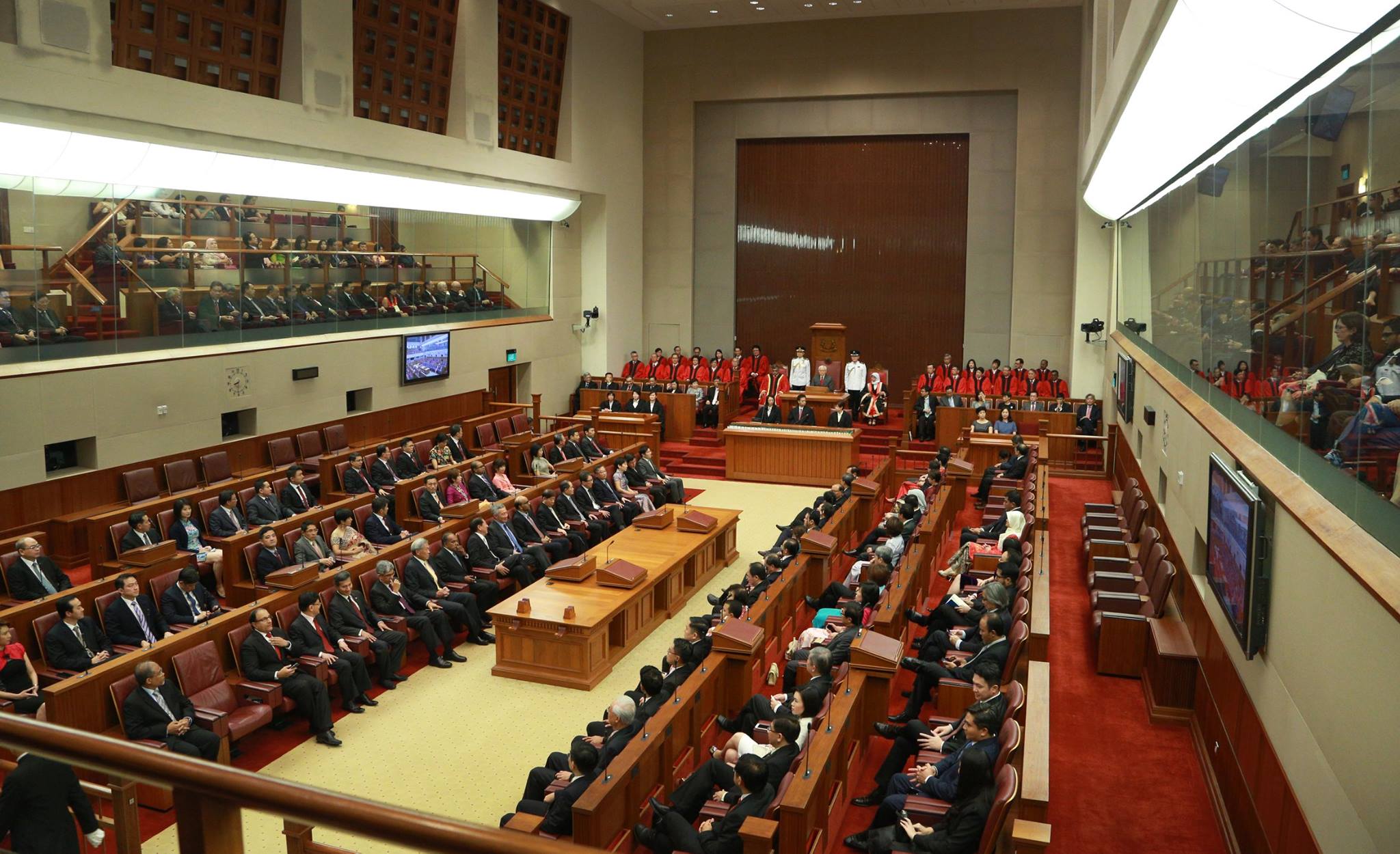
Prime Minister Lee Hsien Loong announced several changes to Singapore’s political system in Parliament on Wednesday.
The proposed changes hold political leaders to higher levels of accountability and increase the contestability or political choice that is available in the system. The reforms also address concerns about ethnic representation in politics. These are generally welcomed.
With the number of Non-Constituency Members of Parliament (NCMPs) raised from nine to 12, the ability of opposition party representatives to hold the government to account, to force it to debate policies, laws and alternative ideas, is also raised.
Accountability is one of five core principles that must remain in Singapore’s political system, said the PM. The others are, in a nutshell: having high-quality government; having an open and contestable system; upholding a multiracial society and ensuring suitable stabilisers, checks and balances in the system.
To some extent, increasing the number of NCMPs also acts as a stabiliser to the system. If there is a change in which party governs Singapore, there is always at least a second party at the side that is institutionalised to play an active role in governance.
Having more NCMPs would also help the ruling party address certain aspects of government that its own members would not think of raising. These will give occasion to the front bench to explain what makes Singapore tick, as was explained by the late Mr Lee Kuan Yew, when he first provided the rationale for the NCMP Scheme in 1984.
Also, in the IPS Post-GE2015 poll, Singaporean respondents indicated that while the considerations of which candidate can contribute to “good governance” and help the poor and disadvantaged were very important, over the years that IPS has done this sort of poll, the consideration of allowing for alternative and diverse voices in Parliament and having checks and balances in the political system have strengthened. These reforms respond to that sentiment.
What is contentious however is the proposal that NCMPs move from being “second class MPs” with four key limits to their voting power in Parliament at the moment, to being “MPs plus-plus”, with those limits removed.
Not only will they have the same powers of duly elected MPs in Parliament but the first “plus” is that by definition, they are not burdened by the responsibility of tending to the local ground which we know is what takes up the most time and effort of regular MPs. This is how elected MPs fully express the notion of serving the public.
The second “plus” is that, again, by definition they have no formal constituency that they are obliged to take heed of or formally represent. In that sense, they are not themselves accountable to anyone except their political party. In practice, it can be argued that any politician worth his salt would identify and announce who his political constituencies are and nurture them to build up political capital for the next contest.
The party grassroots of the PAP must be wondering why the reward for their hard work and a victory for their candidate should mean more responsibility for the winner, but the same power for the runner-up.
The increase in NCMPs is controversial among opposition parties even though they would benefit from the change in the foreseeable future and there is public support for it.
The Workers’ Party’s Low Thia Khiang emphasised the need to have duly elected opposition politicians who are themselves accountable to the people. Opposition politicians have often pointed to other conditions they feel constrain their ability to function – how electoral boundaries are established; how much notice there is of an election and how long electoral campaigns are allowed to be; and media freedom in between elections.
Nonetheless, the proposed changes have several implications. On one hand, it would give hope to the Opposition movement as the NCMP system now provides an even more attractive runner-up prize for contesting seriously in a general election. This will keep smaller parties alive and ensure that there is lively competition and choice in the political marketplace.
On the other hand, voters may feel that they can have their cake and eat it. More established opposition parties are worried that the assurance that there will be a stronger alternative voice and an opposition check on the government of the day will undercut the need for stronger support to make them duly elected parliamentarians.
But this is not true. To take up the spare slots not won by opposition politicians, knowing that there is the minimum guarantee of 12 spots, candidates still need to be among the best losers. There isn’t much room for complacency on the part of the candidates as well as the voters too.
Dr Gillian Koh is Deputy Director (Research) at IPS and leads the work of the Politics and Governance research cluster.
Top photo from Lee Hsien Loong’s Facebook page
